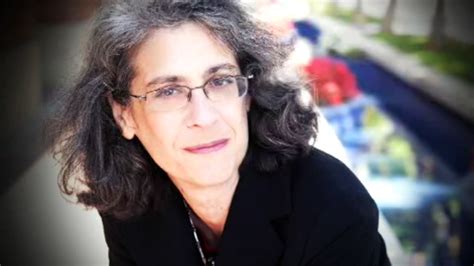A Quote by Elyn Saks
Portray [people with mental illness] sympathetically, and portray them in all the richness and depth of their experience as people, and not as diagnoses.
Quote Topics
Related Quotes
Actors look at life in a different way. When I meet people, I know that one day I may portray that person or someone like them. It may be a cop or a homeless guy. It helps you to pay more attention to people. Everyone I meet, I retain something from them, something from their personality. It helps me to portray realism in my work.
The media, I think, wants Kerry to win. And I think they're going to portray Kerry and Edwards - I'm talking about the establishment media, not Fox - but they're going to portray - they're going to portray Kerry and Edwards as the young and dynamic and optimistic and all this. There's going to be this glow about them this summer, that is going to be worth - collective glow, the two of them, that's going to be worth maybe 15 points.
I just want to portray a very honest character that displays traits that people can truly relate to and can help them - the audience and myself because I learn from the characters as well - help them see themselves in a perspective that is outside of what they know already, and grow from that experience.
All I try to do is portray Indians as we are, in creative ways. With imagination and poetry. I think a lot of Native American literature is stuck in one idea: sort of spiritual, environmentalist Indians. And I want to portray everyday lives. I think by doing that, by portraying the ordinary lives of Indians, perhaps people learn something new.




































